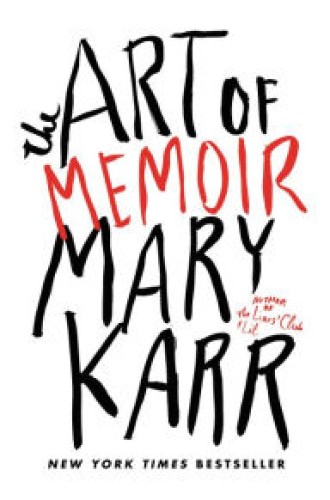Teaching love
The poet William Wordsworth addressed his friend Samuel Taylor Coleridge near the end of the poem The Prelude with these now-famous words: “what we have loved / Others will love; and we will teach them how.”
The Prelude thrusts the poet’s own childhood and the subject of memory directly into the reader’s consciousness. This early 19th-century epic poem also describes connections between reading, remembering, writing, and teaching that have become commonplace since.
Mary Karr is this century’s Wordsworth. Her three memoirs, The Liars’ Club, Cherry, and Lit, have earned her the title of expert on the genre—a title she deftly disavows in the opening line of her new book: “No one made me the boss of memoir.” Right away, we trust that voice, and as soon as we ask a question, she answers it. She draws back the curtain on her own apprenticeship in the genre, analyzes other memoirs in detail, explains fragments of a philosophy she had hoped would become the Unified Theory of Memoir, and offers advice to readers and writers alike.






